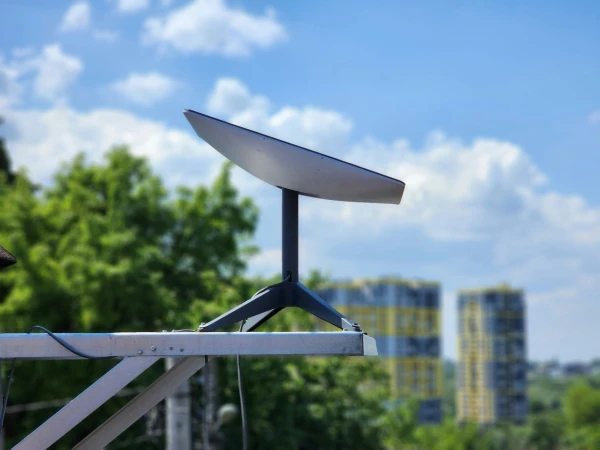
The Estonian Ministry of Social Affairs has submitted for approval a bill that will raise the retirement age to 65 years and three months as early as 2028, reports err.ee. Currently, the threshold is set at 64 years and nine months, and in 2027 it will reach 65 years and one month.
The key change is that the country will abandon the link between the retirement age and the year of birth, transitioning to a model that takes into account a person's age in a specific calendar year. The ministry emphasizes that against the backdrop of rapid population aging, the state "pays special attention to retaining people over 55 in the labor market."
By European standards, Estonia currently maintains a fairly moderate retirement age. In Germany, Belgium, and the Netherlands, it is 67 years, while Denmark plans a gradual increase up to 70 years. Nevertheless, within the Baltic region, the new threshold makes Estonia the country with the highest retirement age: in Latvia, it will be 65 years in 2025, without exceeding this mark.
This is not the first time Estonia is raising the retirement age - since 1994, the rules have been revised four times. The latest decision stipulated that starting in 2027, the retirement age would directly depend on the projected life expectancy.
As of January 1, 2025, there were 327,000 pensioners in the country, and according to forecasts, by 2060, their number will increase to 340,000.













Leave a comment